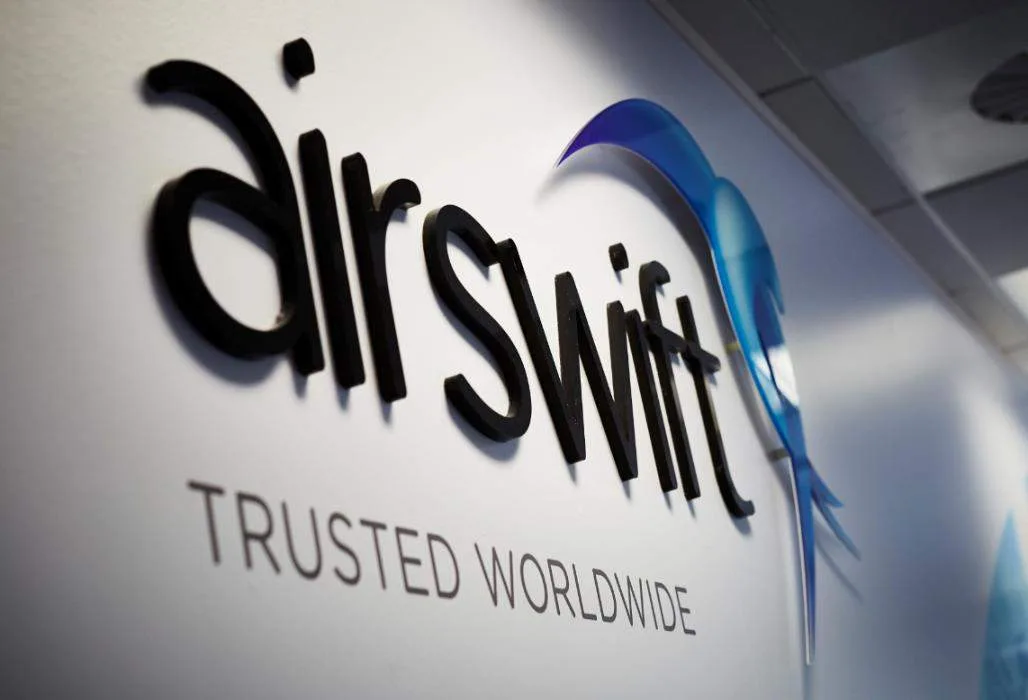Former CEO of Competentia, now Chief Marketing Officer and SVP of ASPAC for Airswift, Jayden Wallis discusses how a post-COVID world has helped create unprecedented demand for comprehensive, digital-first workforce solutions.
A post-COVID reality has seen businesses face a whole plethora of new and exacerbated challenges, decisions and transformations.
In April last year, Australia, like so much of the world, was facing hundreds of thousands of job losses across every single sector, restructuring of businesses and ways of working, and the very real threat of impending recession.
Fortunately, since then, the country’s economy has begun to bounce back – some sectors faster than others. Mining, in particular, has taken the title of comeback king thanks to high commodity prices, and oil and gas is starting to return with long-awaited investment decisions starting to flow through. Renewables and green energy are also beginning to flourish once again as we continue on the path of energy transition.
But the necessary human resources have not come flooding back to the same degree. Many individuals have retired or shifted industry. At the same time, migration, which has historically played a significant role in filling critical job vacancies in Australia, has more-or-less halted. We are also now realising that the volume of pre-pandemic training in the mining, energy and technology space has not been sufficient to meet current industry demands.
While Australia is slowly but surely recovering from the health and economic nightmare of COVID- 19, individual businesses are still grappling with a confined market in terms of human resources and technical skills.
This hiring chasm will be difficult to solve internally. Consultants and workforce solutions providers will play a critical role in helping companies to attract, retain and train people, both in the immediate aftermath of COVID and throughout the longer-term energy transition. For example, with Australia expected to become a leader in hydrogen as a source of energy, Wood MacKenzie states that Australia is expected to export between 25-45 million tonnes of green hydrogen by 2050, meaning a new workforce of hydrogen specialists will be needed who require significant training.
What this training looks like is also changing, with COVID inspiring a greater shift towards remote instruction and video education programs.
As the economy roars back, companies that are planning their hires and adjusting their packages and benefits quickly to fit the market will stay ahead of the curve, remaining competitive in a very tight labour market. Our Global Energy Talent Index (GETI) 2021 stated that around 35% of professionals across the oil and gas, petrochemical, power and renewables sector chose their industry for the opportunities around career progression. Businesses that can tap into this desire and demonstrate clear and progressive career paths will surely come out on top as the talent squeeze takes hold.
The rising demand for workforce solutions was a key driver behind the recent merger we announced with Airswift. The bigger the solutions provider, the more global, sector-diverse insight it can bring to the table. With our Australian clients so focused on their own workforce and local projects, we wanted to be able to provide them with solutions and learnings from around the world.
We also wanted to be able to better support the long-standing shift towards digitalisation that COVID has accelerated. All of a sudden, swathes of new workforces are working from home. A lot of companies realised the hard way that they weren’t set up for efficient remote working. As one united brand under Airswift, we are creating improved digital solutions for our clients, with a focus on automation, access to data, and system connectivity.
The shake-up is not yet over. Companies can expect to continue seeing new challenges and opportunities arise that they may not yet have the internal expertise or solutions to manage. It’s anyone’s guess what these new demands might look like: from changes in human resources, to technology, to corporate culture. Workforce solutions play a vital role in keeping the sector resilient in times of great change.








